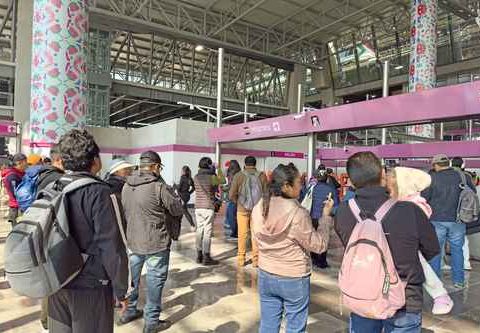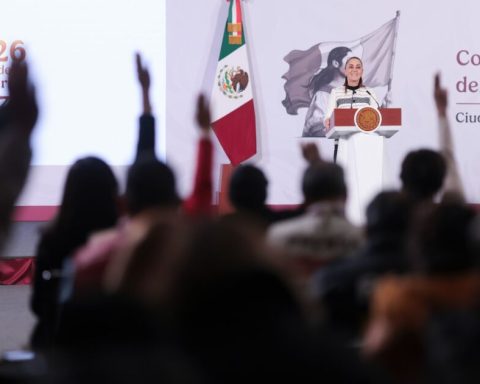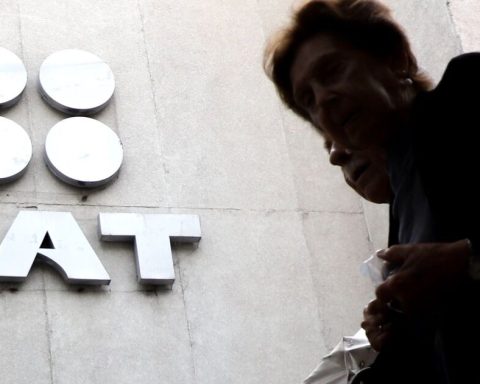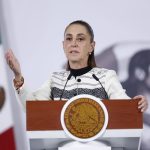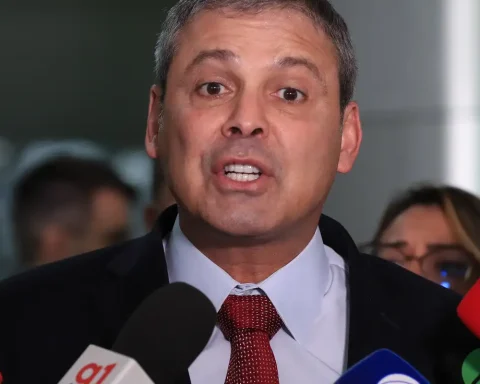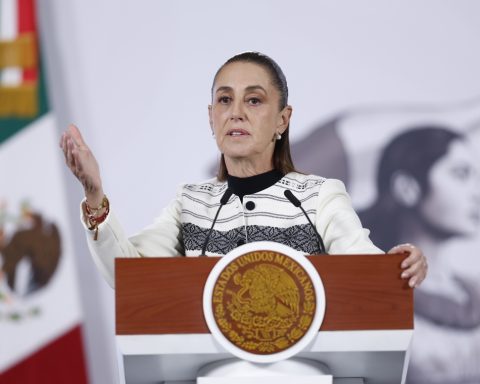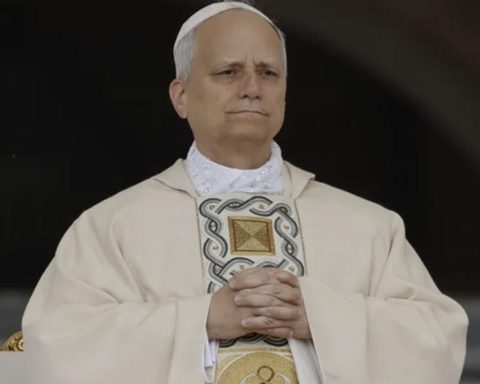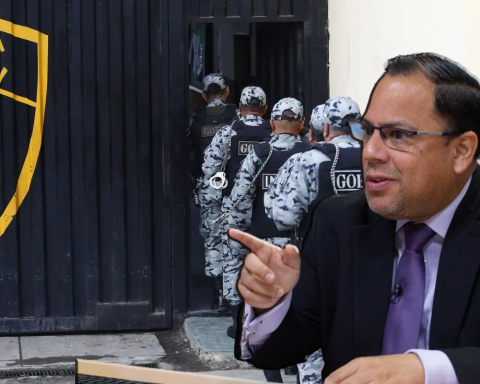AND
n a democratic system, Electoral processes require organization, vote counting, and institutions that promote democratic life in the country among political parties, citizens, and the powers that be. This is where the National Electoral Institute (INE) comes into play, which acts as referee
to ensure the authenticity and effectiveness of the vote, recognizing us as citizens with political rights, being one of our rights to vote for our representatives for popular offices.
In this sense, the main precedent for this is the Political Constitution of 1917 and, more recently, the political-electoral reform of 2014, which transformed the Federal Electoral Institute (IFE) into the National Electoral Institute (INE). The predominant features of said reform have been to make the institute a citizen, granting representation to people in conditions of vulnerability who historically live in structural inequality, as well as having an autonomous political-electoral arbitrator who watches over the interests of all Mexicans, and not only by those of a minority of elites for their own benefit.
In this context, the President recently sent a constitutional reform proposal to the Chamber of Deputies, using as main arguments promoting the “empowerment of citizens, as well as financial austerity at the INE
with a saving of 24 billion pesos, according to the federal Executive, whose purpose is to grant financing to other projects at the national level.
Some proposals of this reform are: the change to the National Institute of Elections and Consultations (INEC); the election of electoral councilors and magistrates through the popular vote and the candidates being those postulated by the powers of the Union; the disappearance of public electoral bodies and local electoral courts, as well as the federalization of elections; the reduction in the number of federal and local legislators in the Chamber of Deputies and the Senate, and the elimination of multi-member representatives to guarantee greater representation of the voters
.
Likewise, the eradication of ordinary public financing of national and local political parties and the conservation of public financing only for electoral campaigns are proposed; the creation of a mechanism so that citizens can access the vote through electronic means; the modification of the definitions of government propaganda, expanding its exceptions so that the authorities can disseminate activities related to public services and inform about electoral processes, among others.
It is important to recognize that austerity is not synonymous with effectiveness and efficiency, nor does it mean that a well-resourced electoral referee in a nation as unequal as Mexico provides genuine autonomy. In this sense, a political-electoral constitutional reform of such magnitude must have a basic diagnosis guaranteed through citizen participation mechanisms from a human rights perspective, and not only unify electoral legislation under the argument of a more efficient democracy.
Without these considerations, these reforms run the risk of returning the elections to central-federal control, unleashing greater political control of the country to the federal Executive in turn and endangering the popular democracy that has been built in Mexico. This would nullify the possibility of maintaining and strengthening the popular representation of groups that have historically lived in structural inequality, diminishing the exercise and guarantee of civil and political rights of Mexican men and women.
Although a constitutional reform is necessary in the electoral field that contributes to strengthening the plurality of voices and struggles through the democratization and citizenization of the institutions, it is also urgent to have arbitrators and autonomous institutions that guarantee the civil and political rights of the Mexican population from a human rights approach. On the one hand, through a vigorous culture of democracy and, on the other, the progressiveness in equality of civil and political rights, these being the inspiration of the Political Constitution of 1917.
In defense of civil and political rights, a call is made to the corresponding government agencies to guarantee the civil and political rights of Mexican men and women from a human rights perspective. Our democracy will be consolidated only through the popular representation of the diversity of groups and sectors that make up Mexican society, so that no voice remains unheard again!


